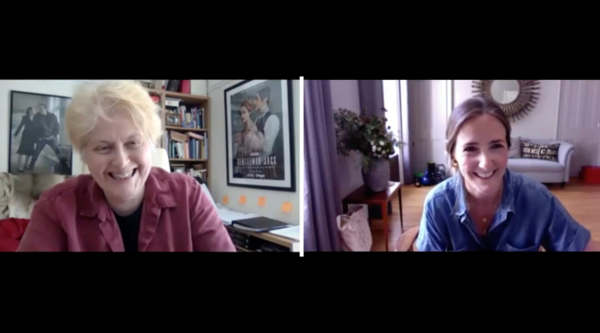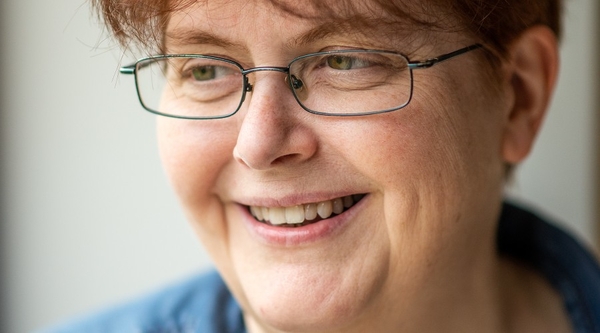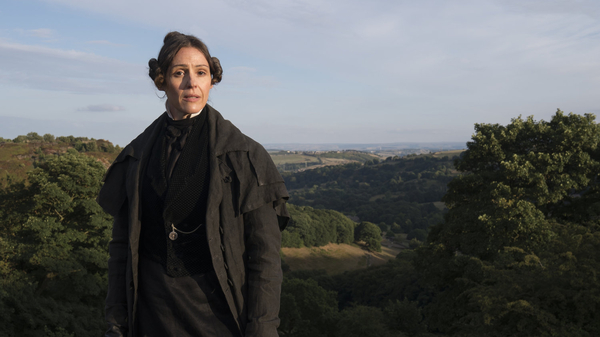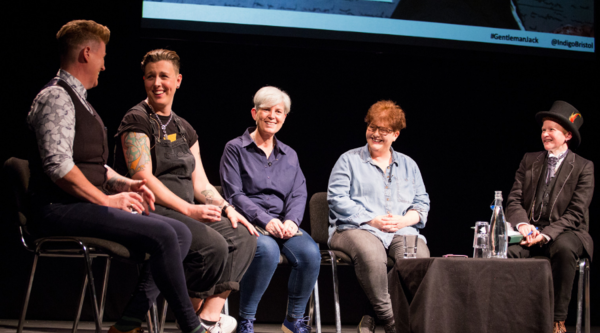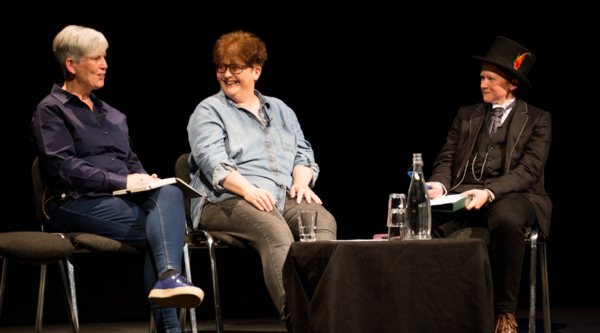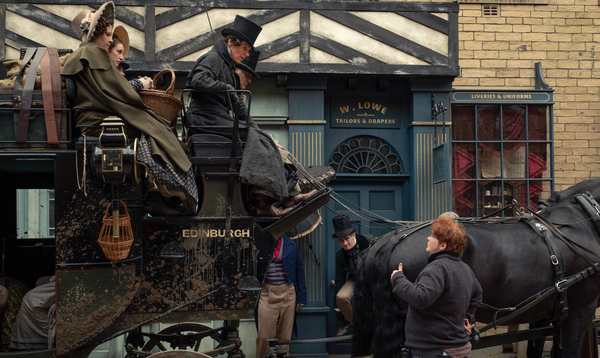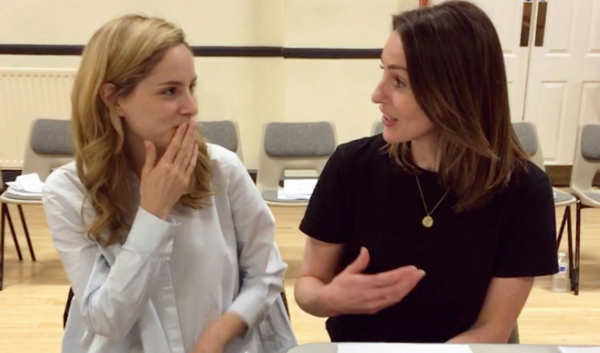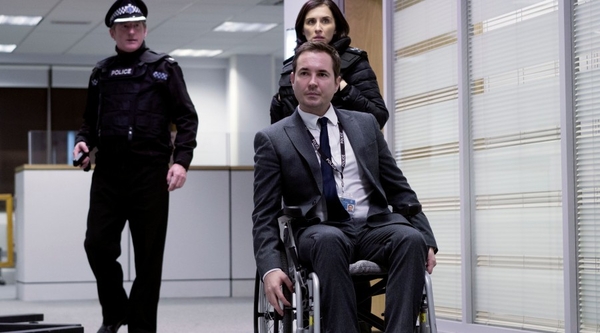Sally Wainwright: The people’s writer
It is doubtful whether Sally Wainwright’s writing has ever been described as inauthentic – her TV drama is populated with real people, speaking natural, colloquial English. “My imagination doesn’t seem to click in if what I’m writing doesn’t feel real, or if it’s phoney, or if something feels a bit cheesy or sentimental,” she told Endemol Shine UK COO Lucinda Hicks, who hosted an RTS webinar with the writer in May.

